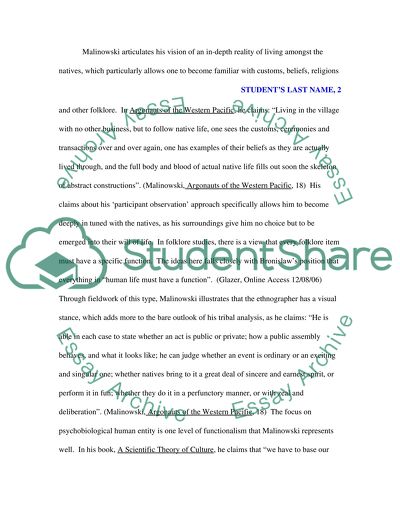Cite this document
(“Bronislaw Malinowski's Sociologist Theories Book Report/Review”, n.d.)
Retrieved from https://studentshare.org/sociology/1520980-bronislaw-malinowskis-sociologist-theories
Retrieved from https://studentshare.org/sociology/1520980-bronislaw-malinowskis-sociologist-theories
(Bronislaw Malinowski'S Sociologist Theories Book Report/Review)
https://studentshare.org/sociology/1520980-bronislaw-malinowskis-sociologist-theories.
https://studentshare.org/sociology/1520980-bronislaw-malinowskis-sociologist-theories.
“Bronislaw Malinowski'S Sociologist Theories Book Report/Review”, n.d. https://studentshare.org/sociology/1520980-bronislaw-malinowskis-sociologist-theories.


